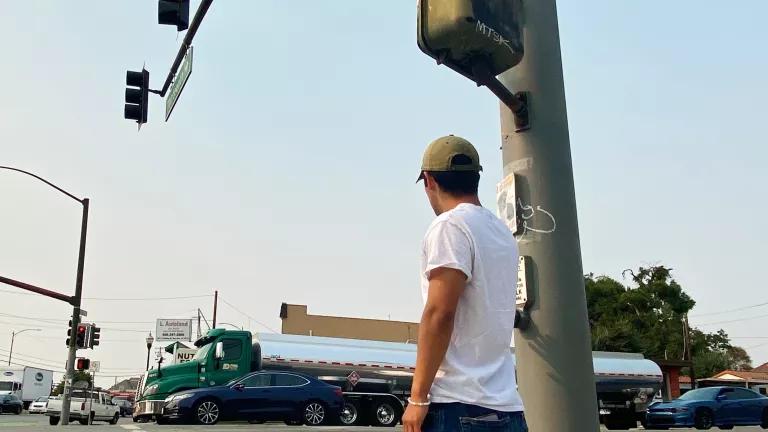Yesterday I enjoyed watching a panel of eight experts argue heatedly, to an audience that included Polly Trottenberg, the assistant secretary for transportation policy, about tolling, the gas tax, and how to fund the rebuilding of our highways. (The event was sponsored by the Bridge, Tunnel and Turnpike Association (IBBTA), and I watched a webcast archived here.)
I love a good debate – and I particularly relished this one, because it faced the challenges head-on. For years, the debate about transportation finance has simmered. But as Congress and the Administration examine our huge infrastructure needs more carefully, this topic is heating up. Our current fiscal crunch may have an upside after all -- it’s generating innovative ideas in the transportation debate.
The Bipartisan Policy Center released a report last week outlining how to “right-size” our transportation program to match funding. Rather than the willy-nilly axe-wielding that we might expect from a House of Representatives which wants to dismantle the government it is supposed to lead, this bipartisan group recommends restructuring the program around national goals that will ensure certain performance outcomes, including reducing oil dependence. This is critical to achieving maximum effective use of scarce taxpayer dollars. The group also suggests leveraging funding from state, local and private partners, and restructuring funding match requirements and loosening federal restrictions to encourage their participation.
Last week Congressman John Mica, chair of the House Transportation and Infrastructure Committee, set off a firestorm when he proposed privatizing Amtrak’s Northeast Corridor service to jump-start high-speed rail. Congressman Nick Rahall blasted back, calling the proposal the “death-knell of passenger rail service in America.” Well, the strong pushback had the desired effect – Mica won’t be able to “railroad” through his proposal, and the committee had a hearing about it today. No one disputes the notion that we need to mobilize private sector investment, getting it off the sidelines, in infrastructure including rail. In fact, an infrastructure bank as proposed by the Administration and some in Congress would do exactly that, as I’ll write about soon. A larger private sector role is an indispensable part of any serious national transportation program, so this certainly deserves discussion, and that’s what we’re going to get. Hoorah for more debate!
Finally, a new bill from Senator Durbin seeks to protect taxpayer assets as more federally-funded transportation projects become privatized. States and local governments are increasingly looking at public-private partnerships to help close budget gaps, and Durbin intends to ensure that taxpayers aren’t left holding the bag while private companies profit. The bill requires greater transparency and public involvement, as well as repayment of federal funds, before any existing major transportation project is sold or leased to a private concern. Privatization supporters argue that the bill will stifle such partnerships altogether – again, such issues are worth airing out and discussing.
I’m looking forward to the fireworks.



